Destination Imagination
A challenge based educational programme
7 Challenges
 1. TECHNICAL CHALLENGE OVERVIEW
1. TECHNICAL CHALLENGE OVERVIEW
The Technical Challenge is designed to introduce students to the engineering design process. It enables them to apply real-world STEM concepts towards creating an innovative solution to the challenge. Whether tasked to create a robot, vehicle or any other technical device, students will research and explore how technical objects are constructed, and then work together in teams to innovate their own technical designs. Teams will also explore their creative and artistic abilities by developing an original story, building props and sets, and theatrically presenting their team-created technical designs and story to an audience.
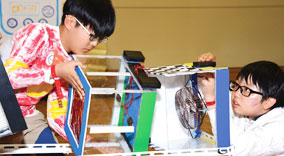 2. SCIENTIFIC CHALLENGE OVERVIEW
2. SCIENTIFIC CHALLENGE OVERVIEW
The Scientific Challenge is a creative-thinking springboard that blends the research and curiosity of science with the thrill and creativity of theater arts. Students research various subjects in science, as well as technical methods from fields including computer science, physics and mechanical engineering, to create a solution to the Challenge. Students showcase their creativity and artistic abilities by developing an original story, building props and sets, and presenting their solutions to an audience.
 3. ENGINEERING CHALLENGE OVERVIEW
3. ENGINEERING CHALLENGE OVERVIEW
The Engineering Challenge allows students to take risks in the world of structural engineering and express their creativity through art and performance. Teams build weight-bearing structures—sometimes using only a designated set of materials such as balsa wood, playing cards and glue. In addition to designing, building and testing the structure, teams work together to write an original story, which includes the structure they created, as well as design props, costumes and set pieces.
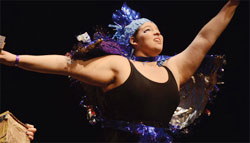 4. FINE ARTS CHALLENGE OVERVIEW
4. FINE ARTS CHALLENGE OVERVIEW
As the world becomes more interconnected through technology and creativity, arts education is key to ensuring students’ success in school, careers, and beyond. The Fine Arts Challenge is an opportunity for students to flex their acting and artistic muscles. As they experiment with different types of artistic media and theater arts, teams write scripts, design and create innovative costumes, sets and props, and perform in a front of a live audience.
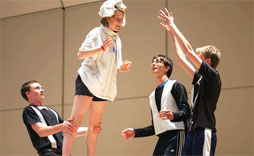 5. IMPROVISATIONAL CHALLENGE OVERVIEW
5. IMPROVISATIONAL CHALLENGE OVERVIEW
Improvisation helps students hone their research, communication and public speaking skills, while also stimulating fast thinking and engagement with ideas. The Improvisational Challenge is all about spontaneity and storytelling. For this Challenge, students work on elements of their solution for weeks, but they can’t be sure what must actually be included in their solutions until they are presenting at the tournament. Several elements they must include in their solution can include anything from; international landmarks to artwork which are randomly selected right before they perform in front of an audience. Teams learn to work together quickly and creatively to produce skits right on the spot.
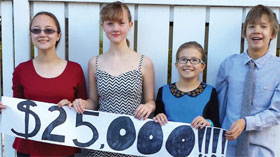 6. PROJECT OUTREACH CHALLENGE OVERVIEW
6. PROJECT OUTREACH CHALLENGE OVERVIEW
The Project Outreach Service Learning Challenge at Destination Imagination empowers youth to make a positive impact on their communities. Students (kindergarten through university) form a team, select a community need and then work together to address that need. Not only do students have fun and learn through Project Outreach, they get to make a difference, locally and globally, while inspiring others to do the same.
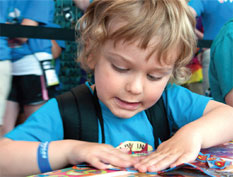 7. EARLY LEARNING CHALLENGE OVERVIEW
7. EARLY LEARNING CHALLENGE OVERVIEW
Early learners (preschool—2nd grade) are naturally curious and can adapt well to learn new STEAM (science, technology, engineering, arts and mathematics) concepts. By appealing to their natural curiosity and creativity through a fun, hands-on learning environment. Our Rising Stars Challenge allows early learners to experience a range of invaluable concepts simply and effectively. Each year, volunteer educators and industry experts develop a new group of Rising Stars for the Early Learners Challenge. They focus on creating play-based curriculum that allow children to be creative, learn simple building and construction, become comfortable working in teams, and learn how to speak in front of an audience. The Challenge is noncompetitive, which helps ease pressure and lets children play and experiment with their solutions.
CHECK FOR MORE HERE!
Rich Bank
of Networks
Inspiring
Destinations
Curriculum Based
Programs
Pre-Tour
Preparation
Logistic
Management
Safety
Management
Full-Time
Tour Director
Post-Tour
Assessment


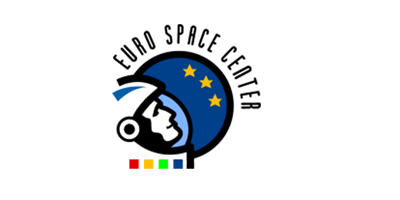


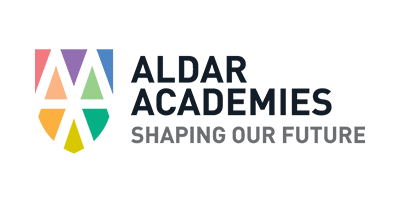
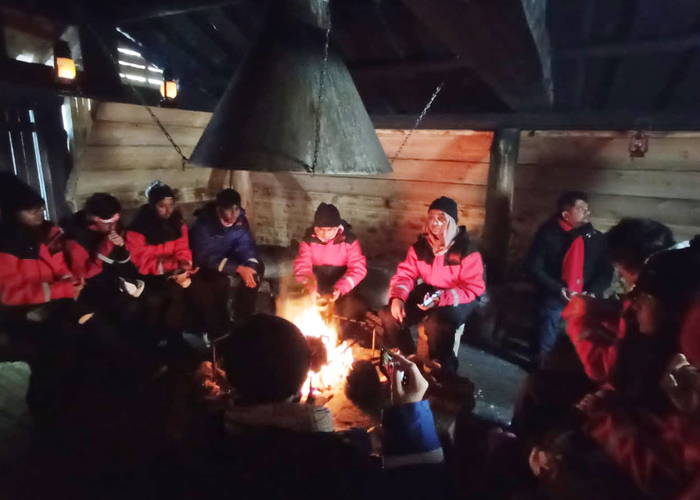 FINLAND - Ski
FINLAND - Ski
 Bulgaria - Ski
Bulgaria - Ski
 Auli - SKI
Auli - SKI
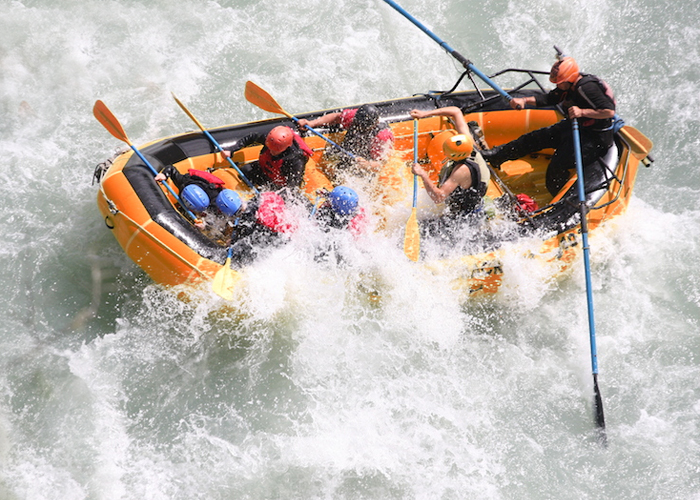 Georgia - SKI
Georgia - SKI
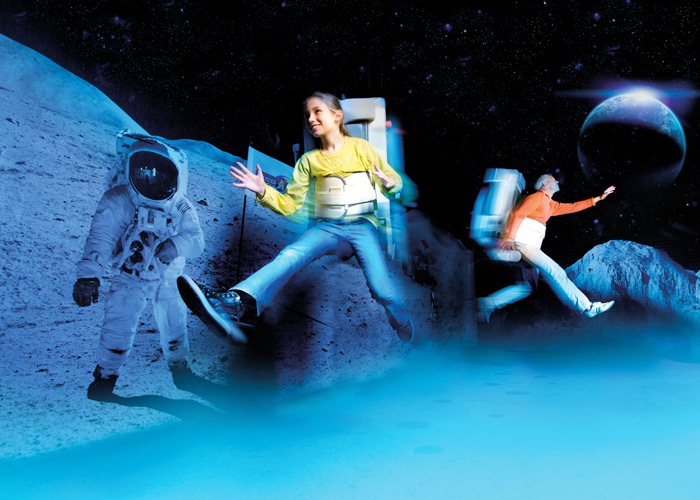 France - Rugby
France - Rugby
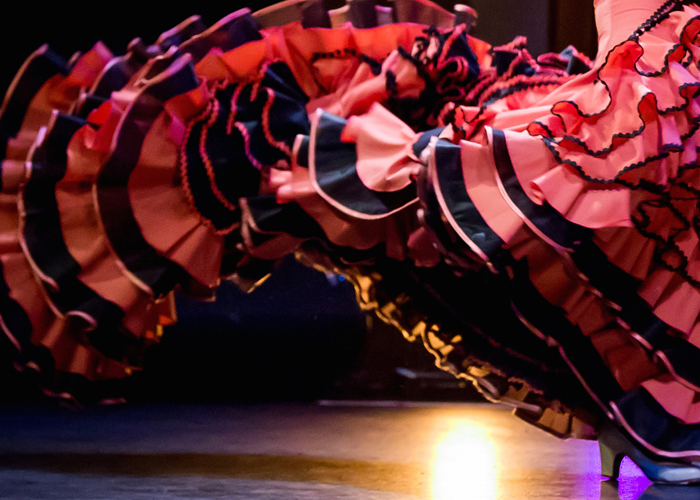 Spain - Netball
Spain - Netball
 Spain - Football
Spain - Football
 Sri Lanka - Cricket
Sri Lanka - Cricket
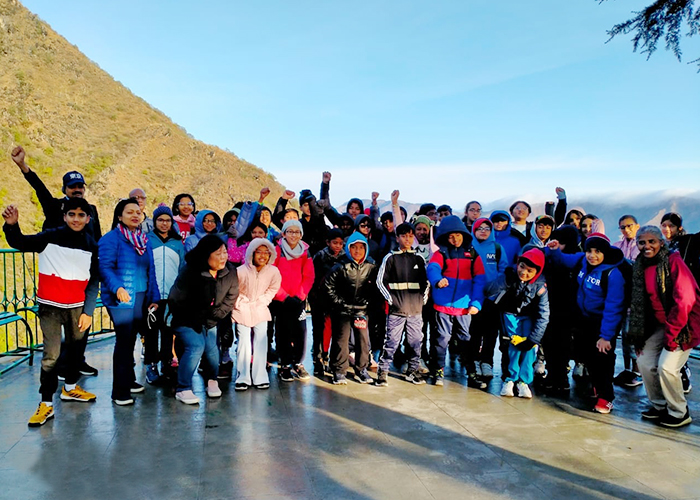 Mussoorie - Adventure
Mussoorie - Adventure
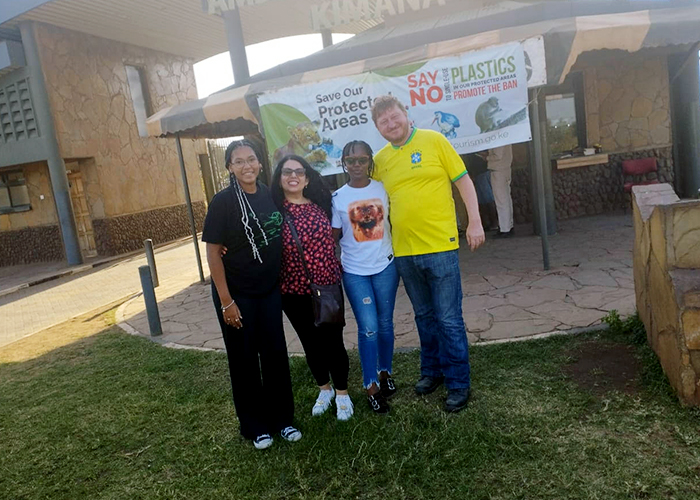 Kenya - Adventure
Kenya - Adventure
 Thailand - Adventure
Thailand - Adventure
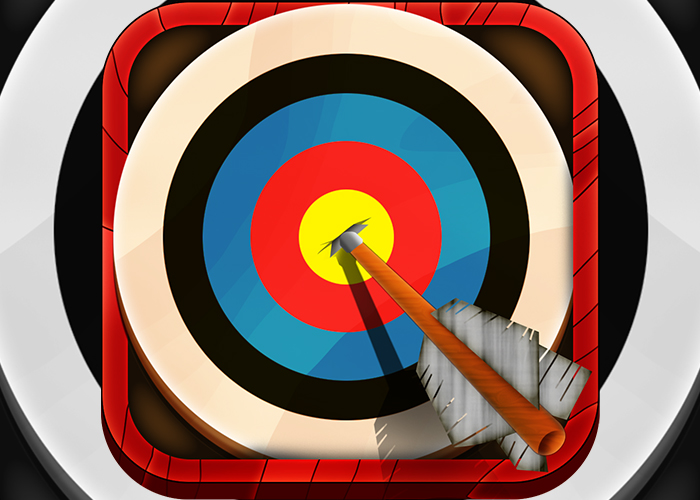 Portugal - Adventure
Portugal - Adventure
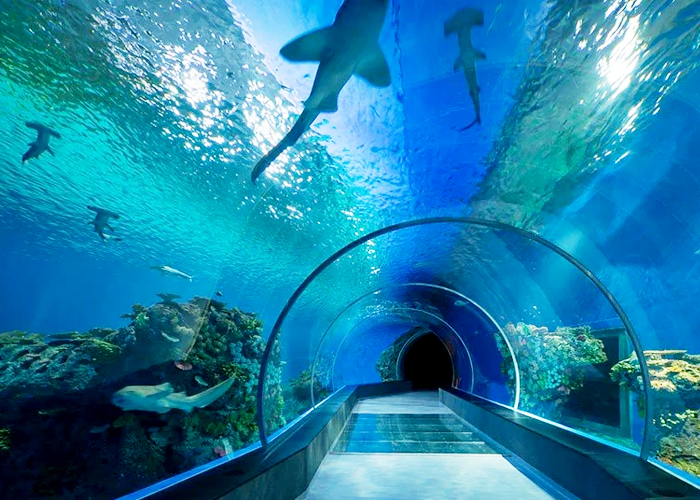 Dubai - Adventure
Dubai - Adventure
 NEPAL - Adventure
NEPAL - Adventure
 Ladakh - Adventure
Ladakh - Adventure
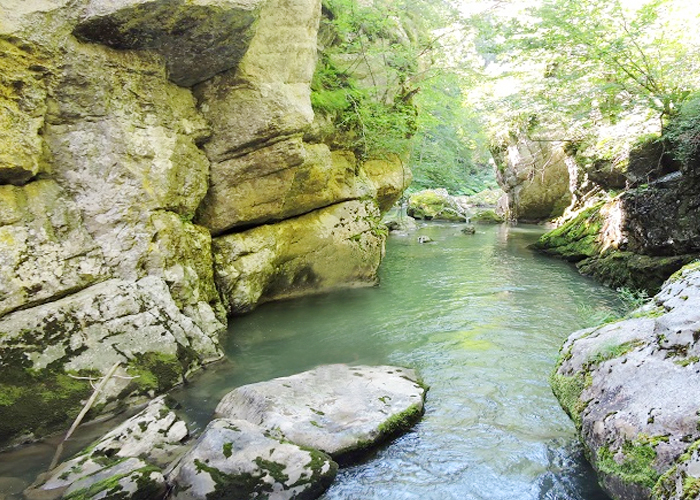 Bosnia - Adventure
Bosnia - Adventure
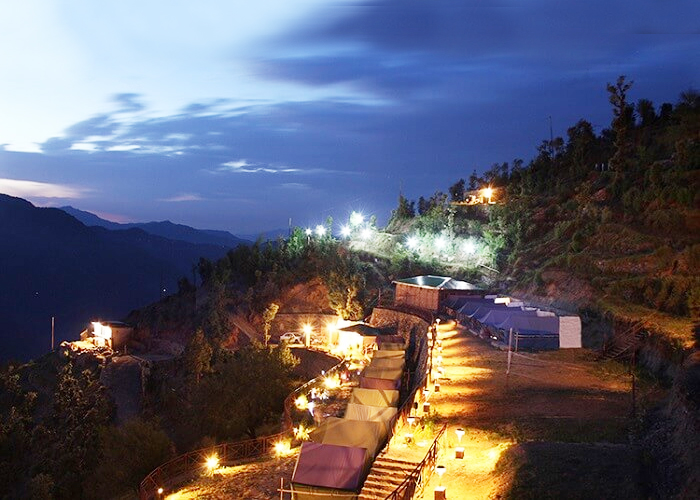 Himalayas - Adventure
Himalayas - Adventure
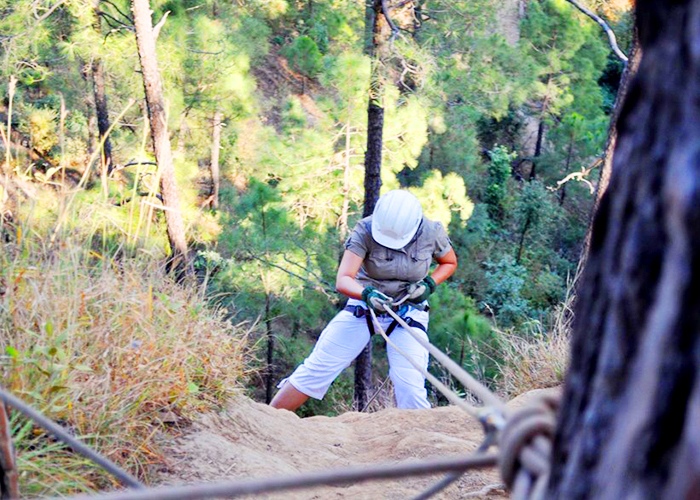 Panchgani - Adventure
Panchgani - Adventure
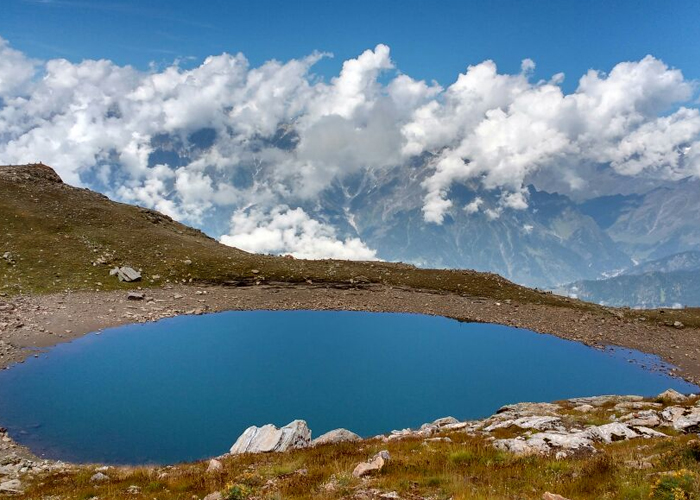 Manali - Adventure
Manali - Adventure
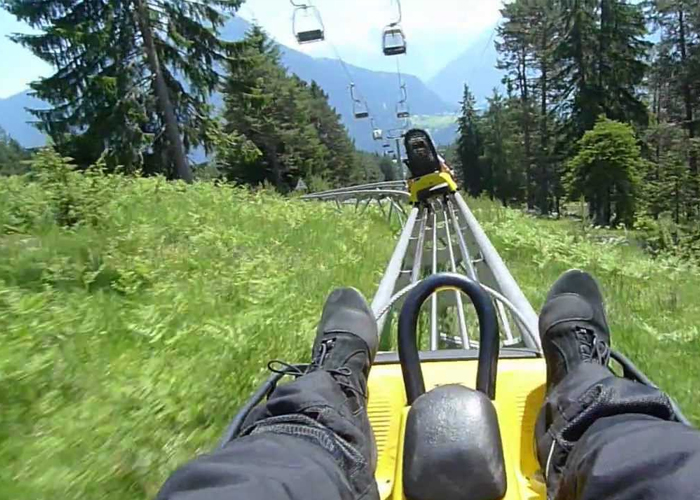 Austria - Adventure
Austria - Adventure
 West Coast, USA - Business / Economics
West Coast, USA - Business / Economics
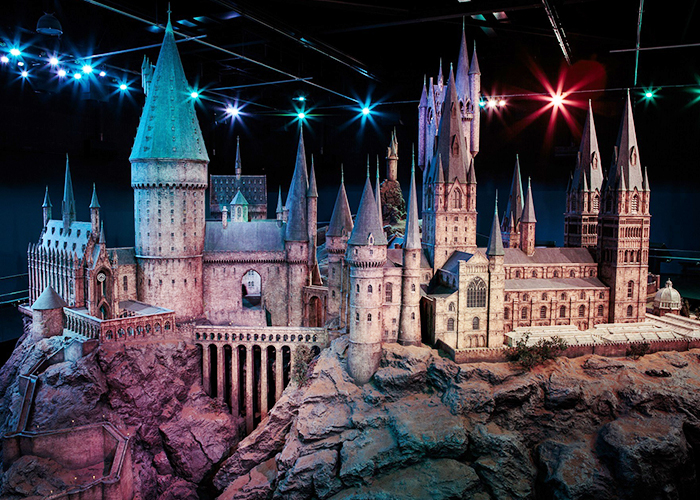 London - Business / Economics
London - Business / Economics
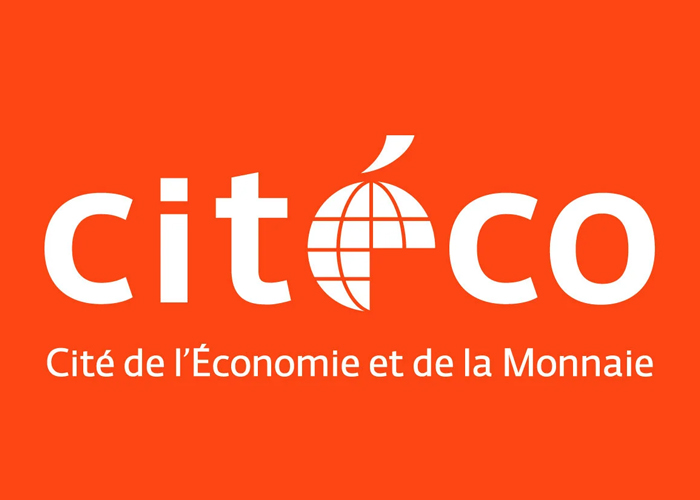 Paris - Business / Economics
Paris - Business / Economics
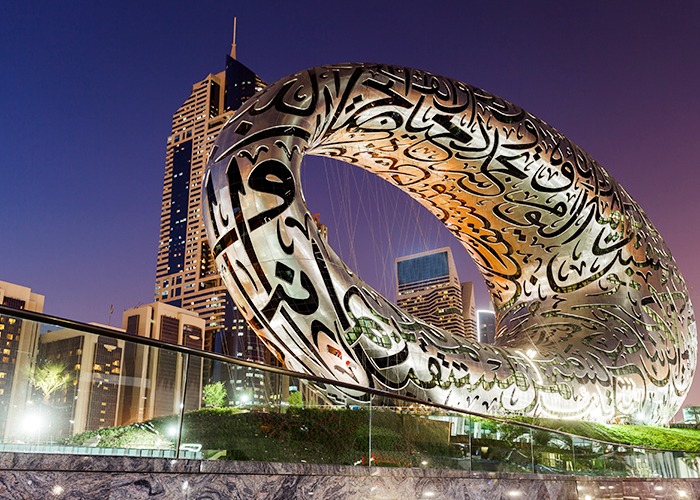 United Arab Emirates - Business
United Arab Emirates - Business
 California (Sillicon Valley) - Business
California (Sillicon Valley) - Business
 Turkey - Business
Turkey - Business
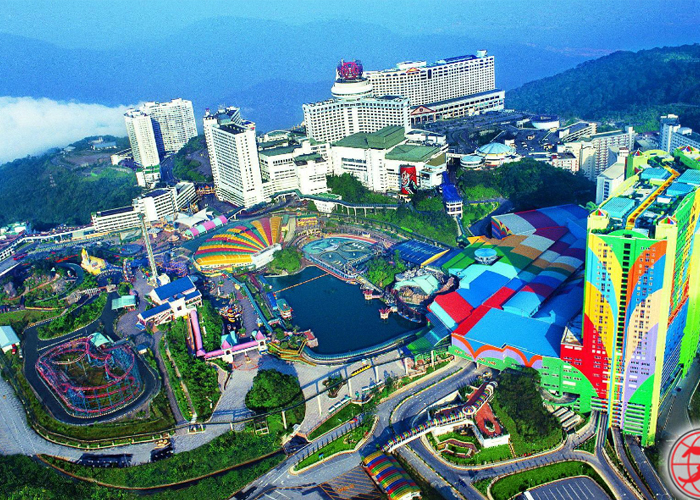 Malaysia - Business
Malaysia - Business
 Goa - Business
Goa - Business
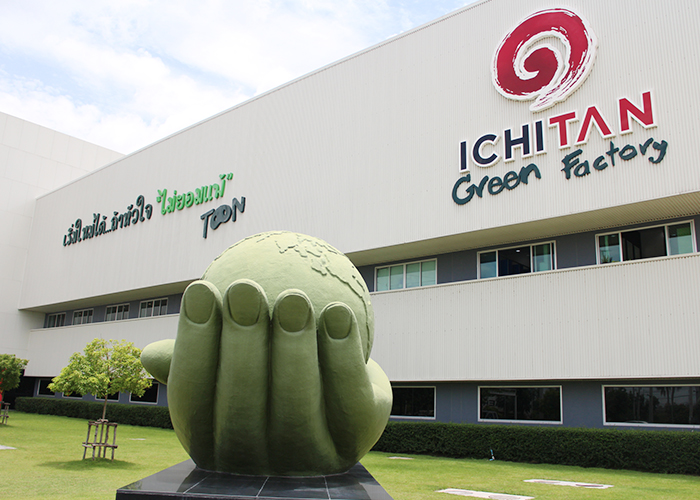 Thailand - Business
Thailand - Business
 China - Business
China - Business
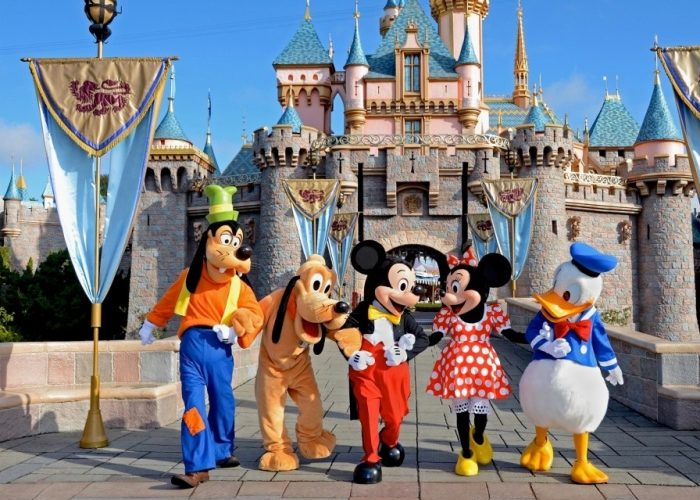 Japan - Business
Japan - Business
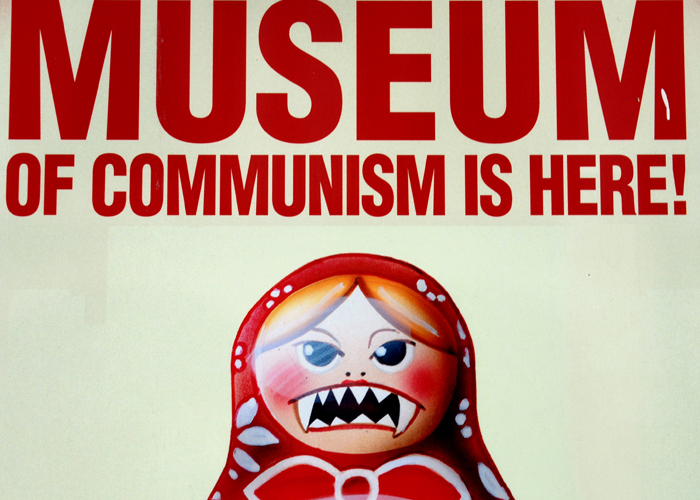 Prague - Business
Prague - Business
 New York - Business
New York - Business
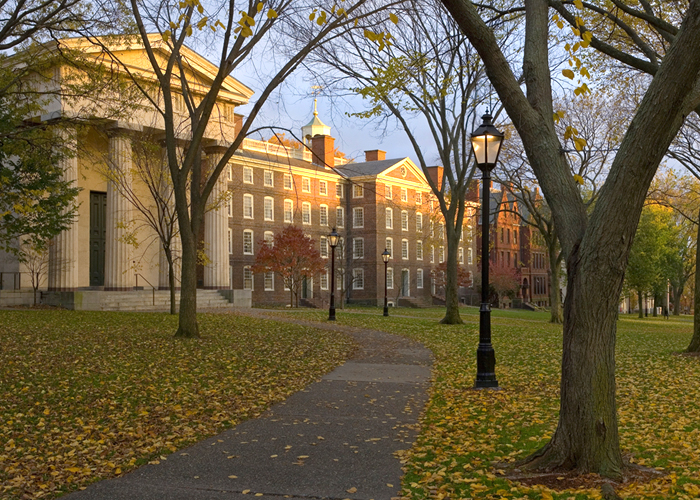 United States of America - Campus Tour
United States of America - Campus Tour
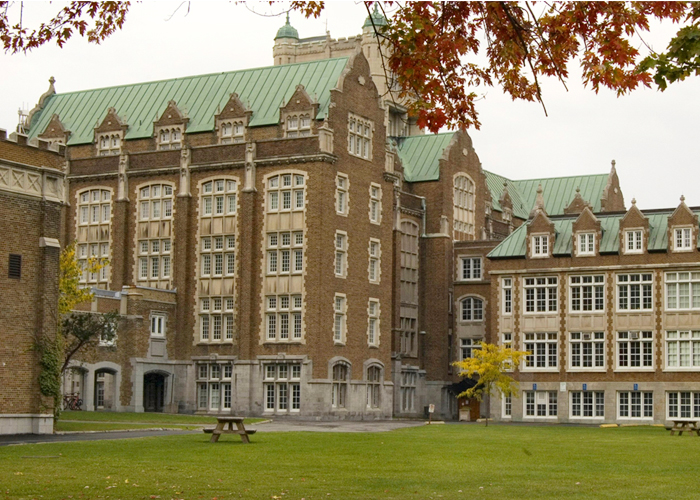 Canada - Campus Tour
Canada - Campus Tour
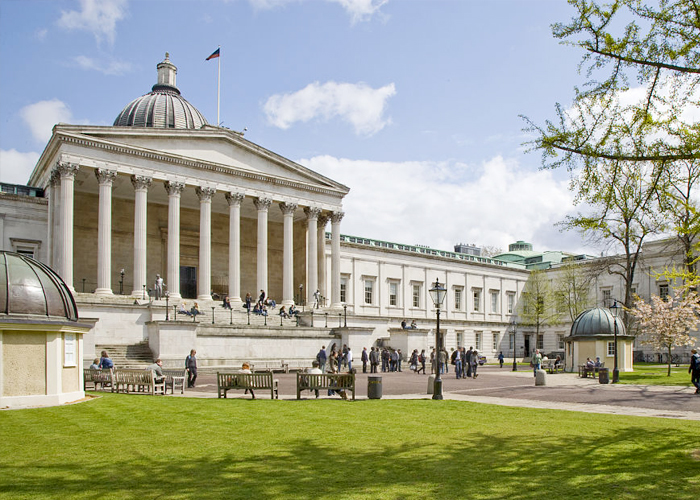 United Kingdom - Campus Tour
United Kingdom - Campus Tour
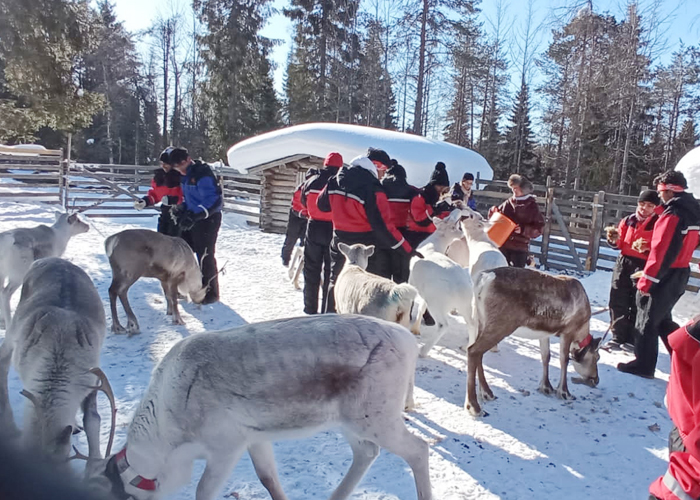 Finland - Ski
Finland - Ski
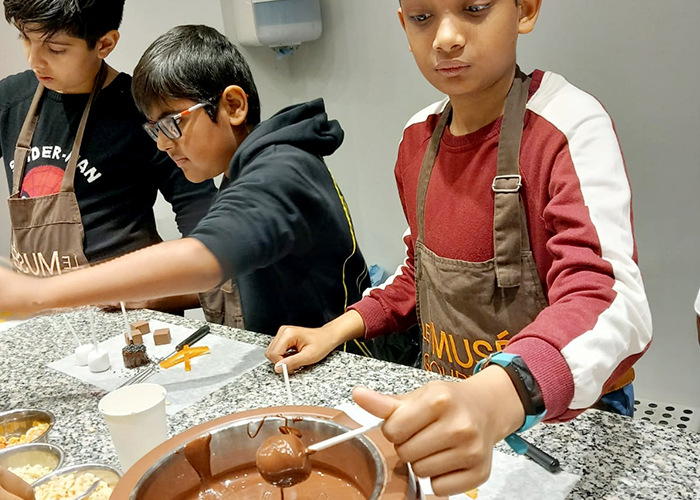 Paris - History / Geography
Paris - History / Geography
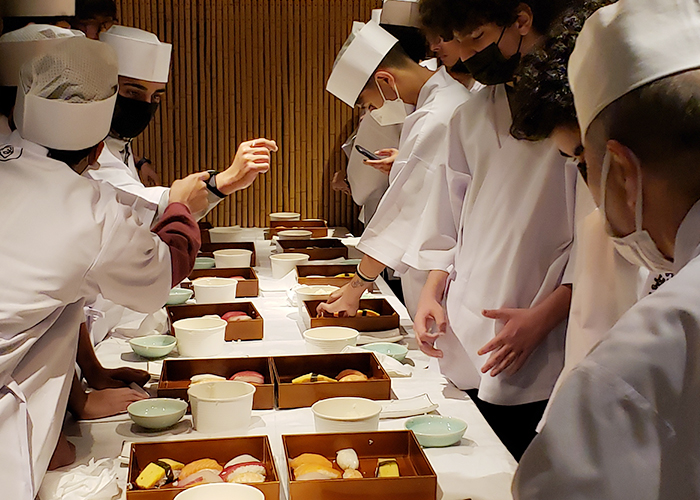 Japan - History / Geography
Japan - History / Geography
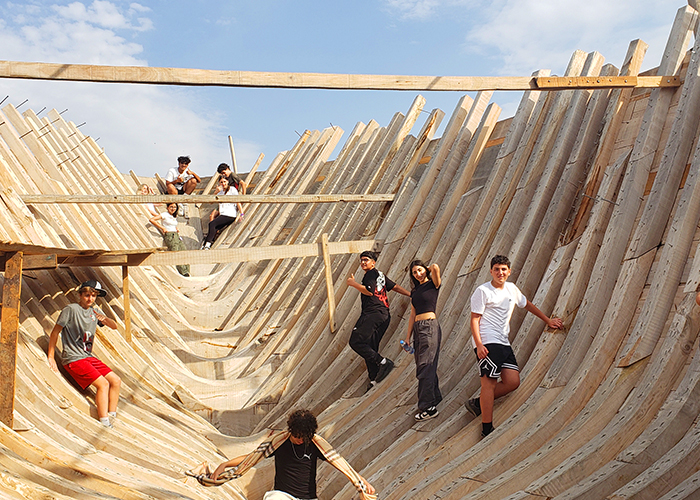 Oman - History / Geography
Oman - History / Geography
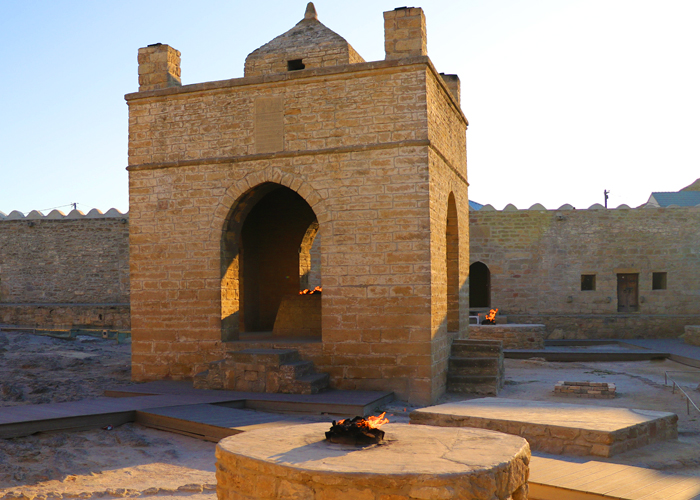 Azerbaijan - History
Azerbaijan - History
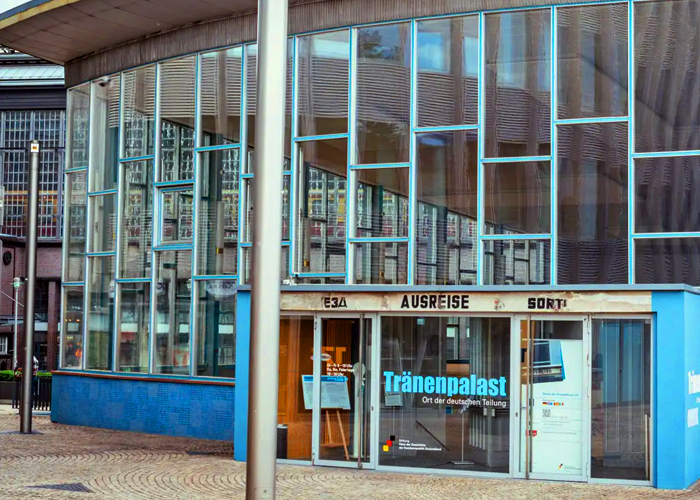 Berlin - History
Berlin - History
 Malaysia - History
Malaysia - History
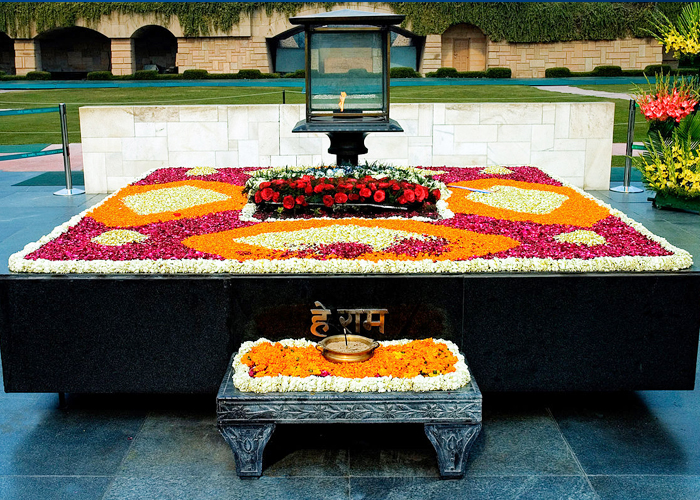 India (Golden Triangle) - History
India (Golden Triangle) - History
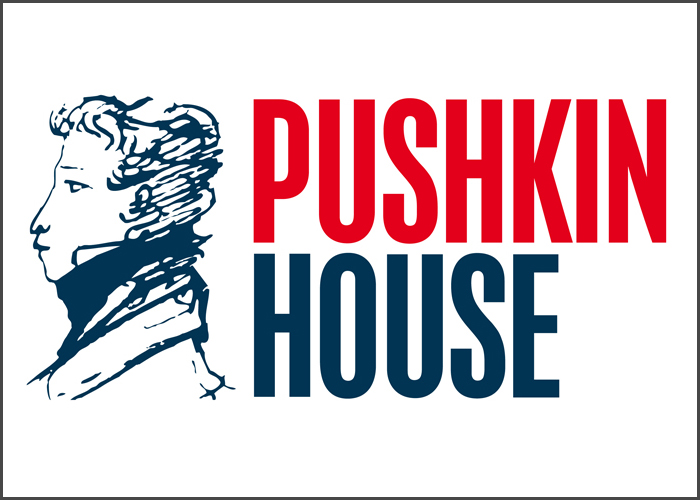 Russia - History
Russia - History
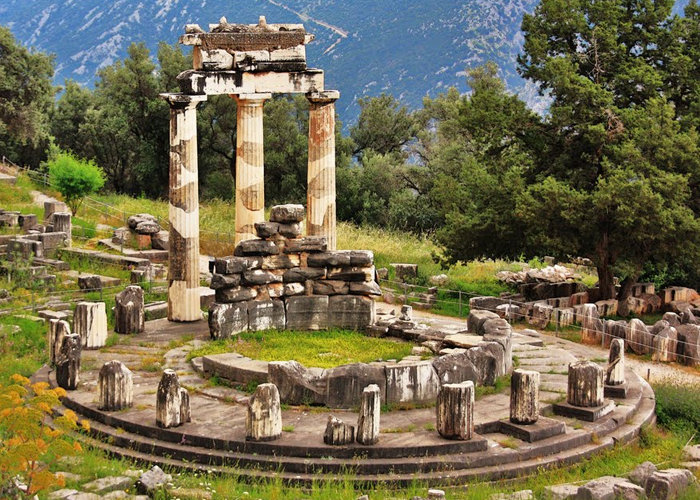 Greece - History
Greece - History
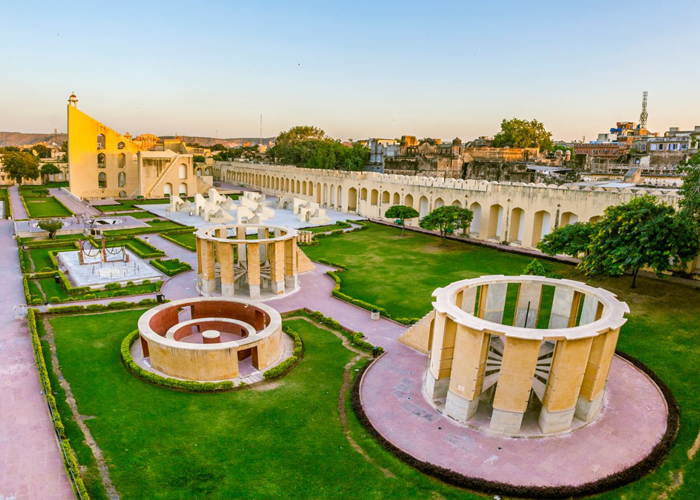 India (Delhi/Jaipur/Agra) - History
India (Delhi/Jaipur/Agra) - History
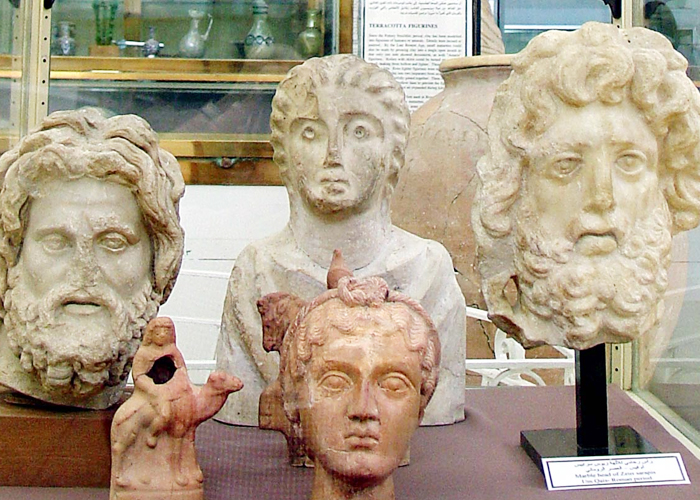 Jordan - History
Jordan - History
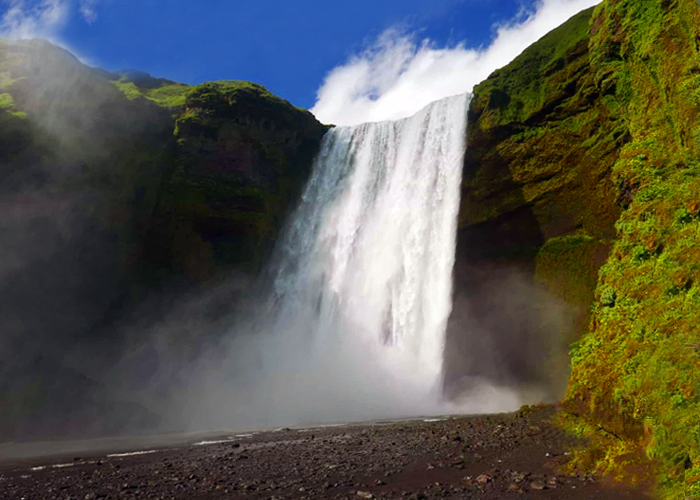 Iceland - Geography
Iceland - Geography
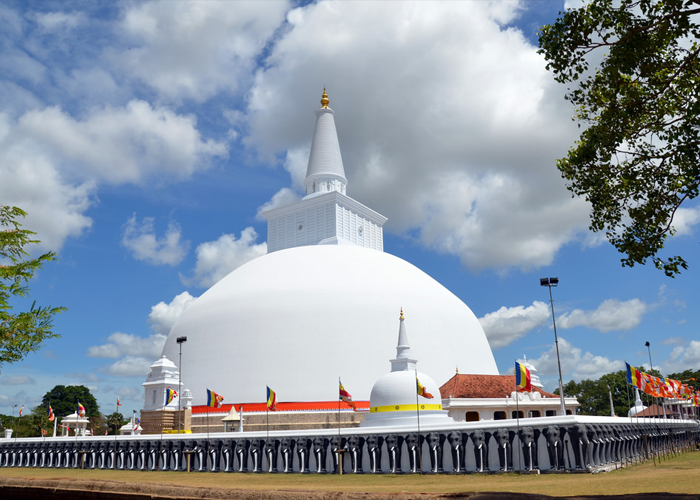 Sri Lanka - Culture
Sri Lanka - Culture
 Turkey - Culture
Turkey - Culture
 Hong Kong - Culture
Hong Kong - Culture
 Malaysia - Culture
Malaysia - Culture
 Spain - Culture
Spain - Culture
 Rome - Culture
Rome - Culture
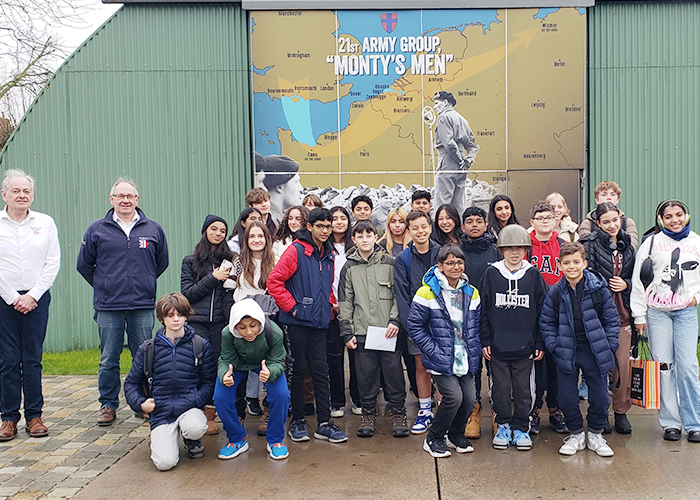 Belgium
Belgium
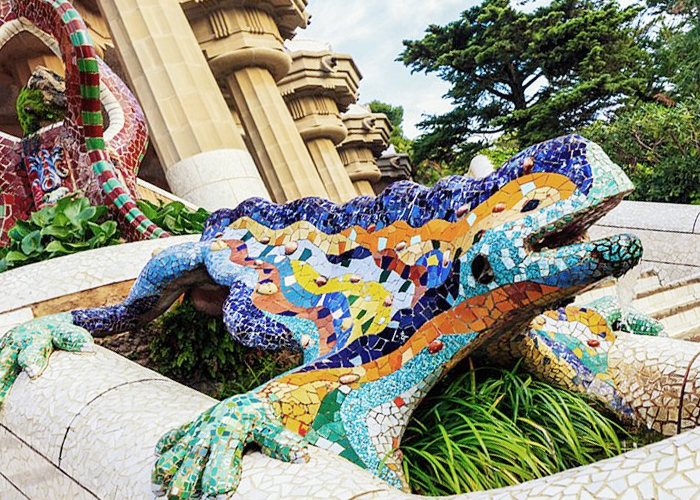 Barcelona - Language
Barcelona - Language
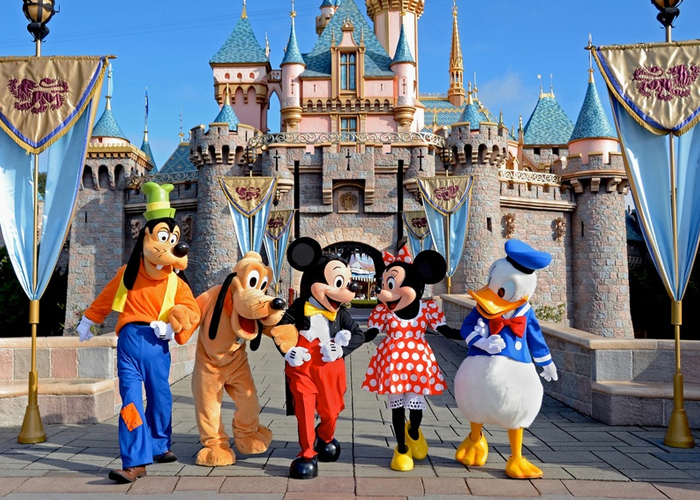 Paris (I) - Language
Paris (I) - Language
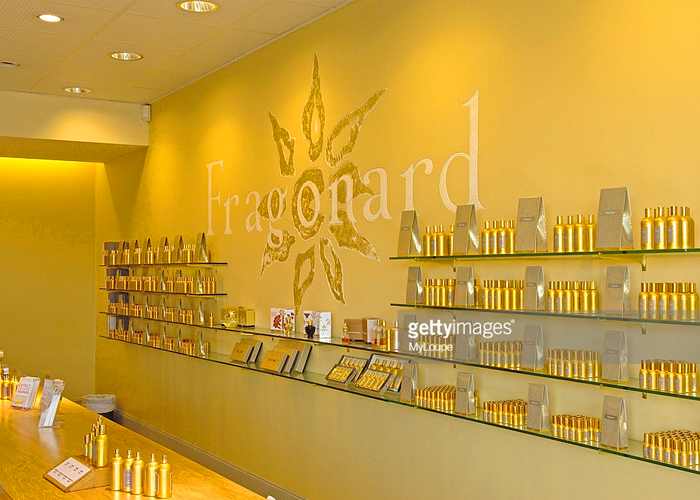 Paris (II) - Language
Paris (II) - Language
 United Arab Emirates - Culture
United Arab Emirates - Culture
 Austria (Salzburg) - Music / Theatre
Austria (Salzburg) - Music / Theatre
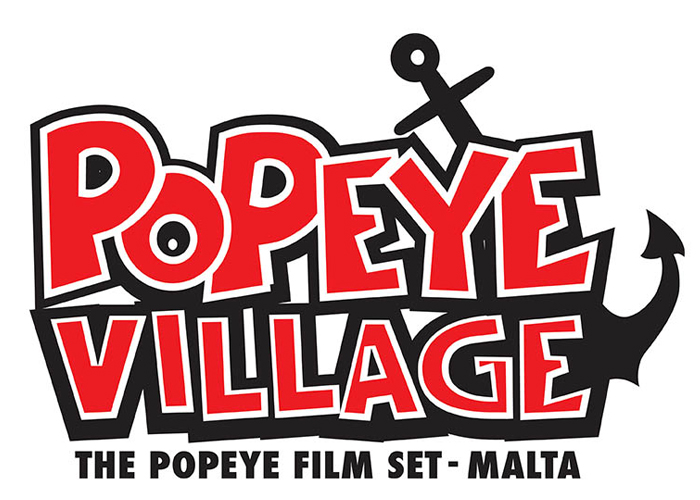 Malta - Music
Malta - Music
 Paris - Music
Paris - Music
 Bangalore - Music
Bangalore - Music
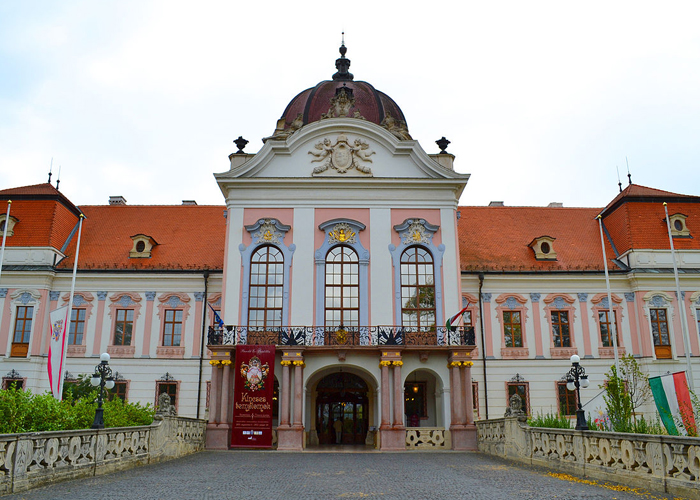 Budapest - Music
Budapest - Music
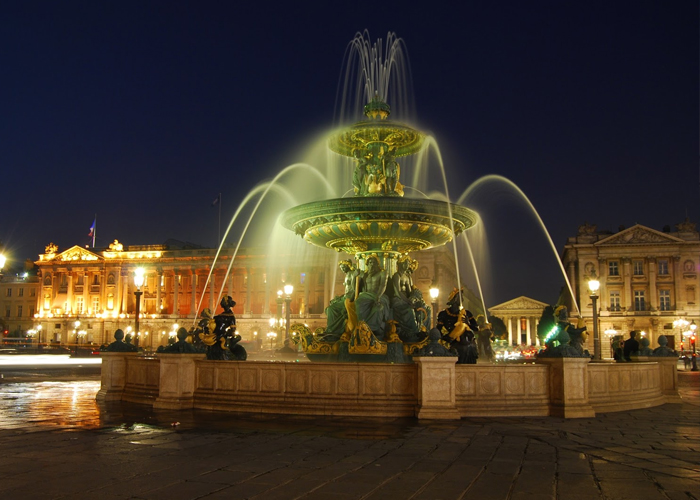 Paris Fashion Tour - Fashion
Paris Fashion Tour - Fashion
 New York - Drama
New York - Drama
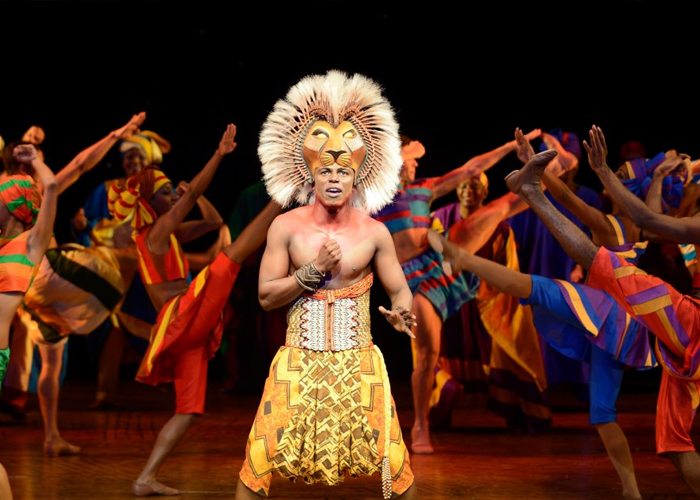 London - Drama
London - Drama
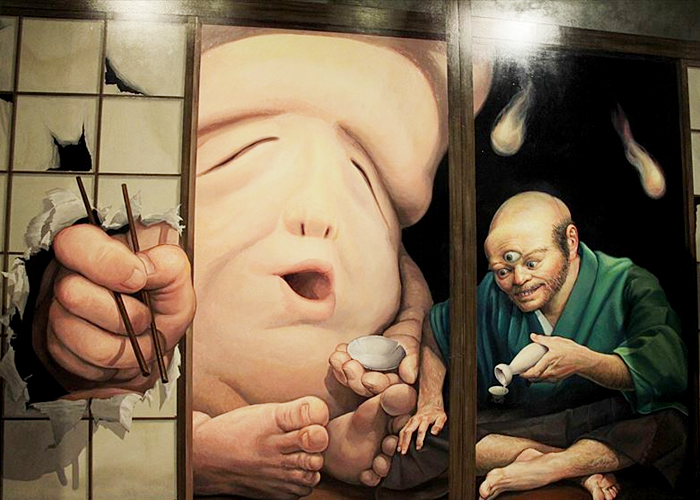 Japan - Art
Japan - Art
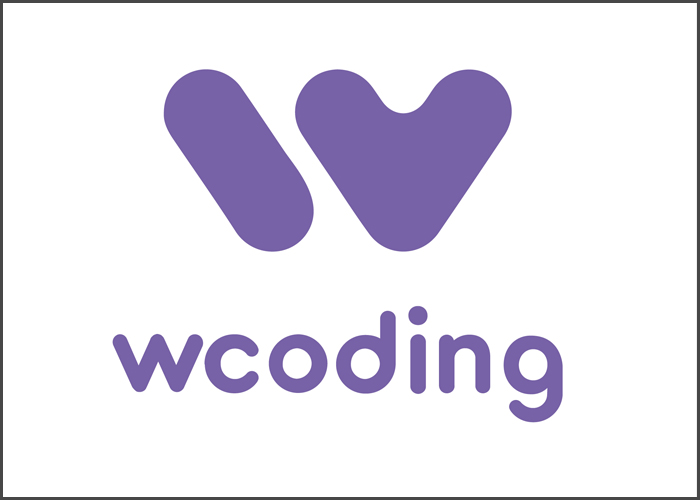 South Korea - STEM
South Korea - STEM
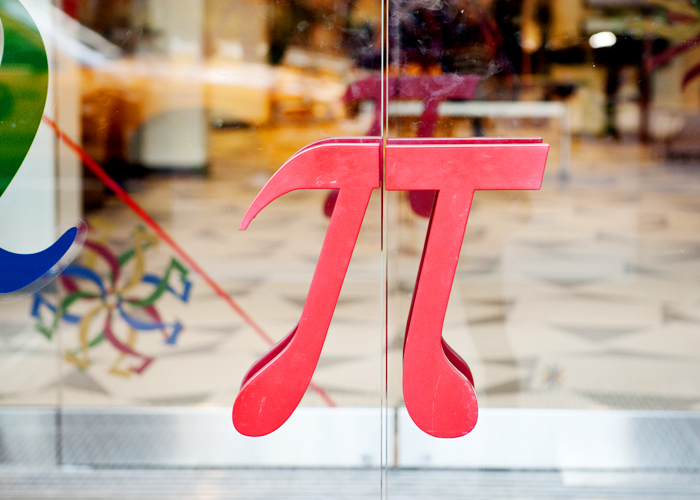 Japan - STEM
Japan - STEM
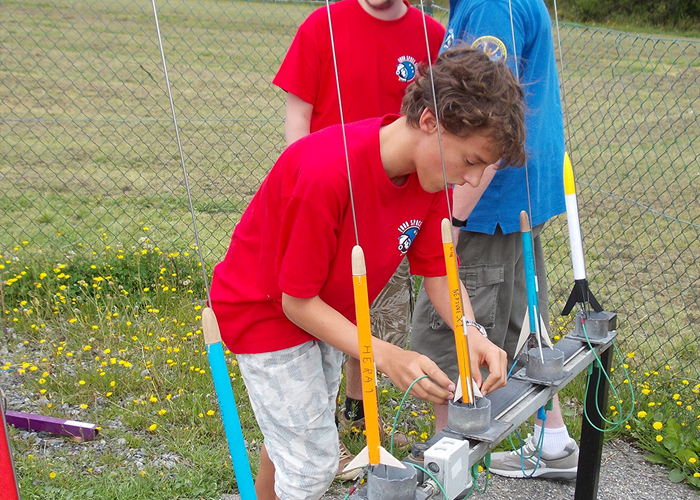 Euro Space Center - Belgium (European Space Agency Affiliated) - STEM
Euro Space Center - Belgium (European Space Agency Affiliated) - STEM
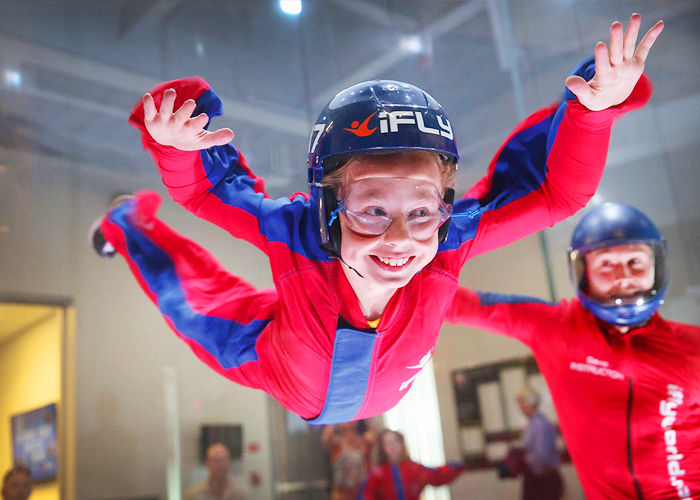 Cosmodome - Montreal, Canada (Canadian Space Agency Affiliated) - STEM
Cosmodome - Montreal, Canada (Canadian Space Agency Affiliated) - STEM
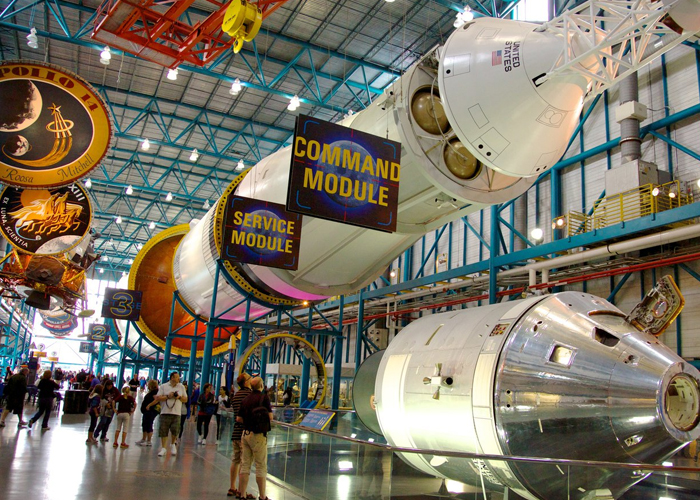 Kennedy Space Center - USA, Florida (NASA Affiliated) - STEM
Kennedy Space Center - USA, Florida (NASA Affiliated) - STEM
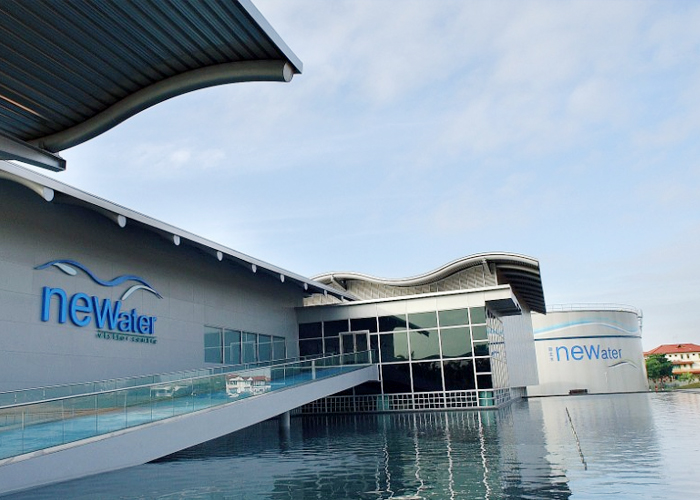 Singapore - STEM
Singapore - STEM
 Italy - STEM
Italy - STEM
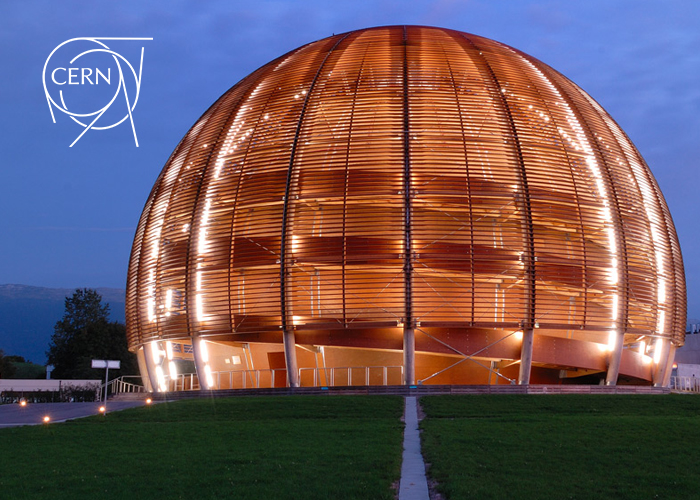 Switzerland - CERN - STEM
Switzerland - CERN - STEM
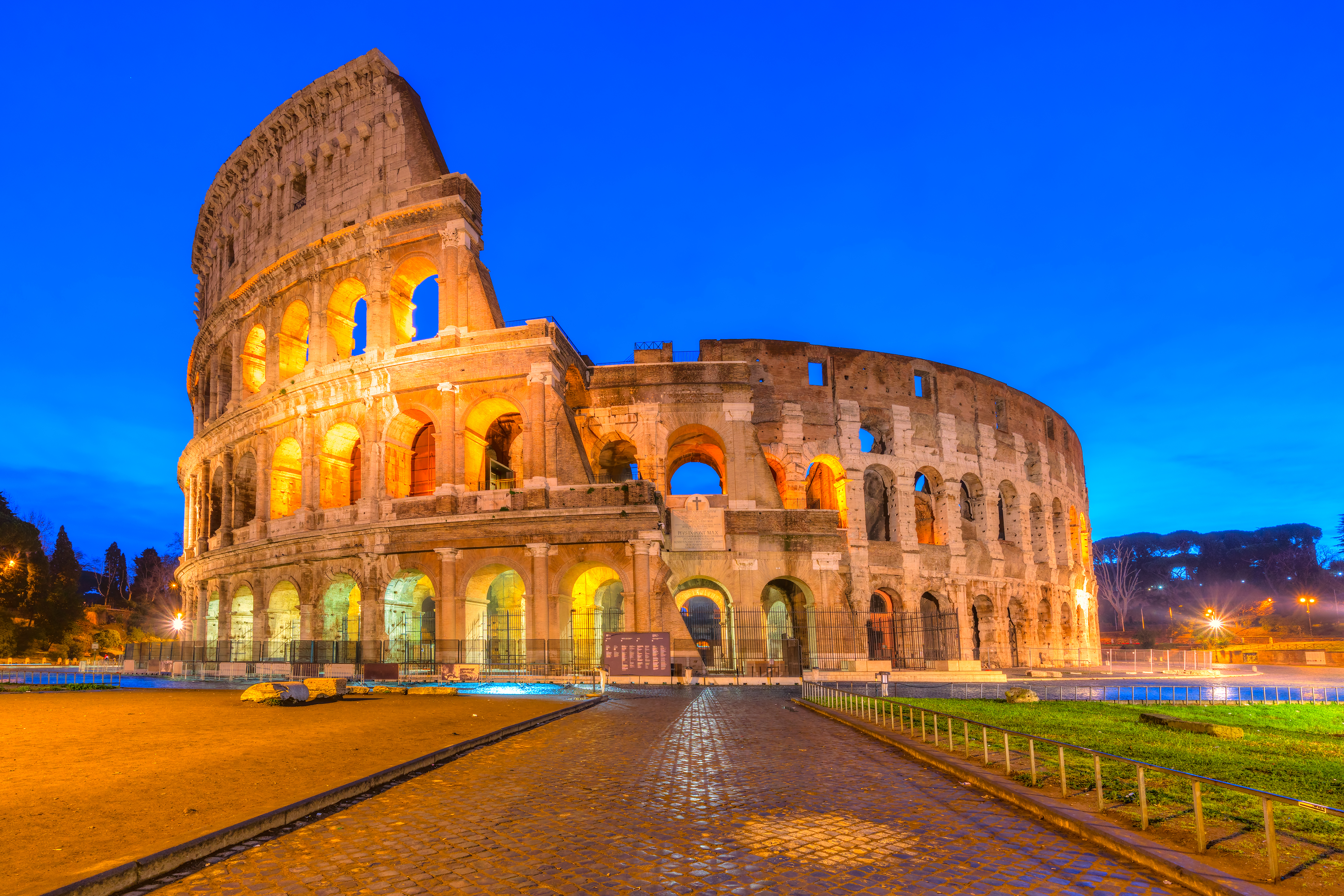 Greece & Italy - Math
Greece & Italy - Math
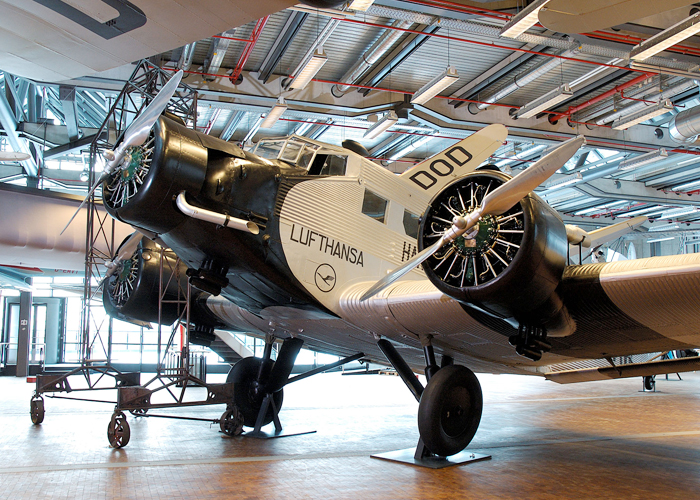 Germany - Engineering
Germany - Engineering